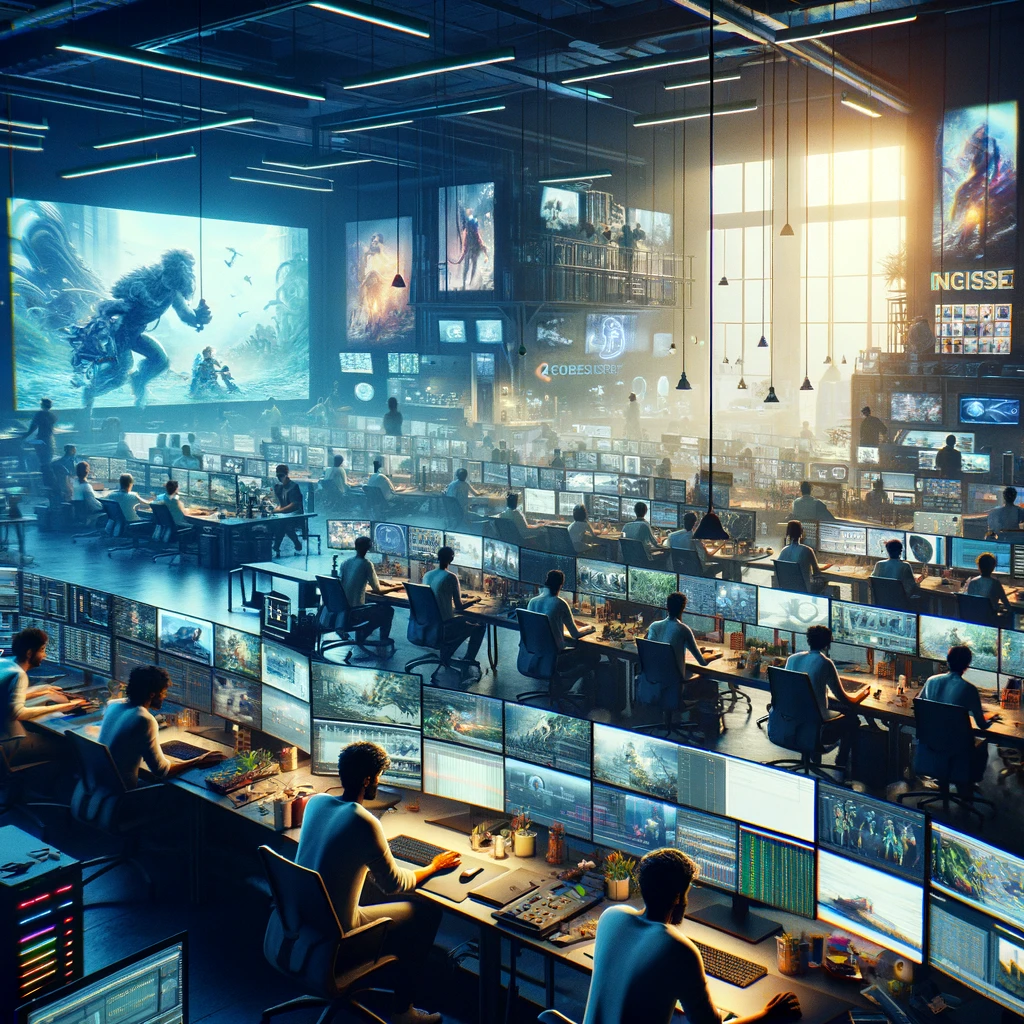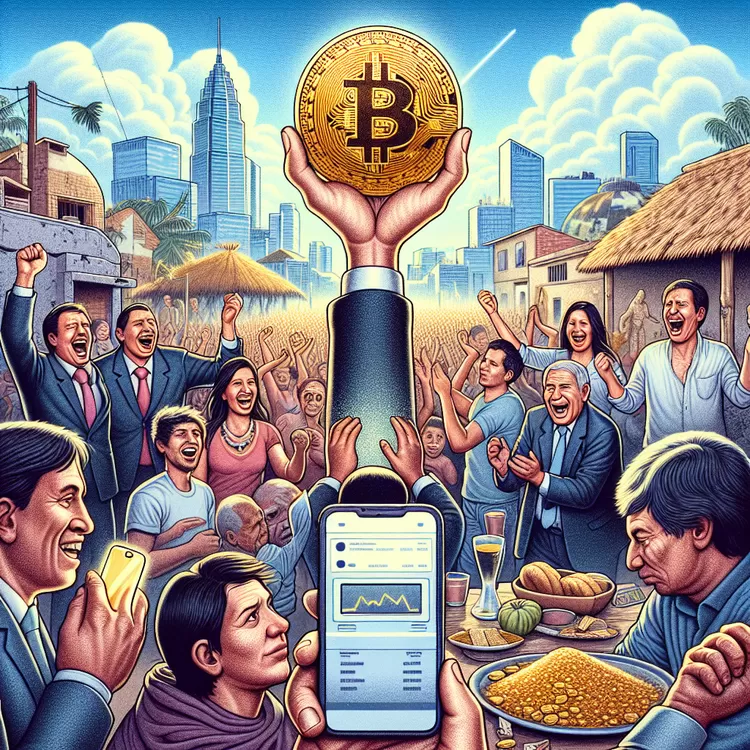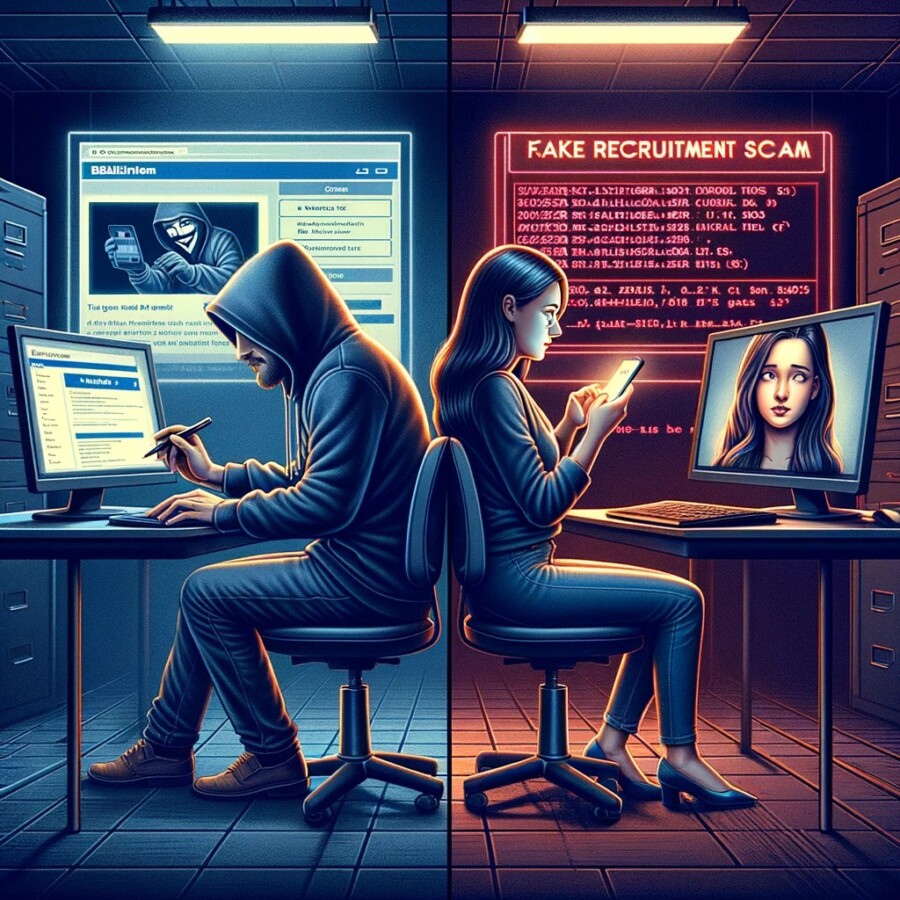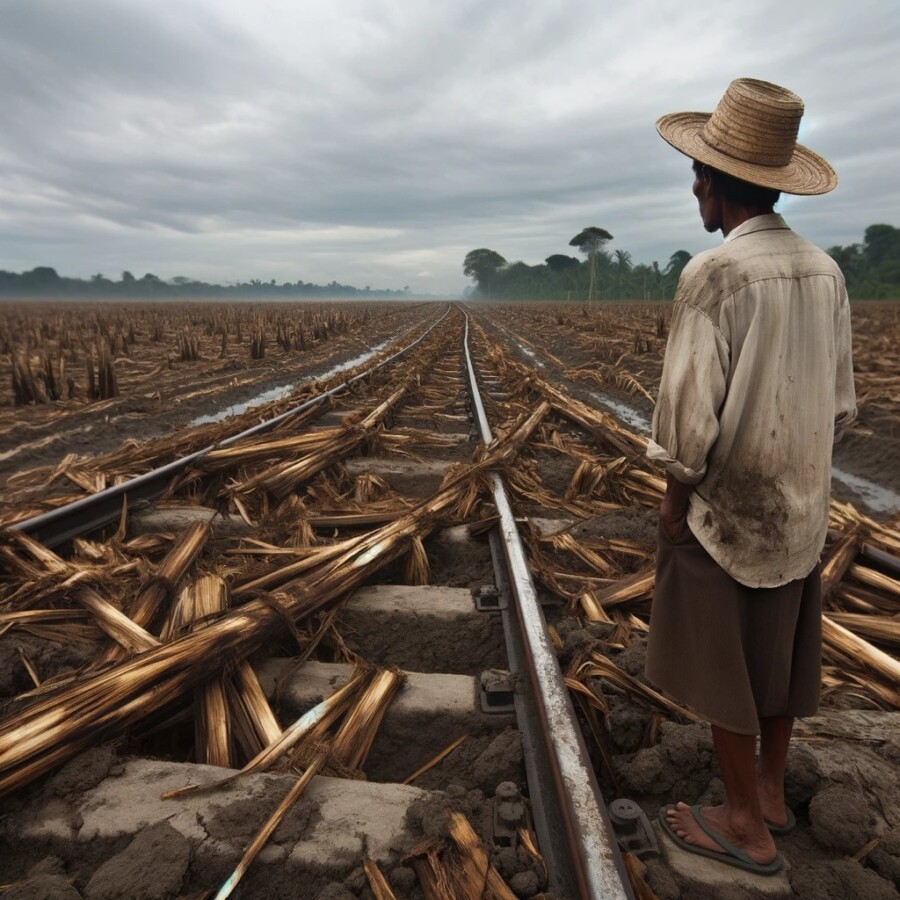India’s special effects industry is facing a problem – there aren’t enough people to do the work. The demand for visual effects (VFX) is growing, but there aren’t enough skilled staff to meet the demand. The industry has been doing well in recent years, with lots of companies sending work to India. But the strikes in Hollywood caused some problems, with people losing their jobs and projects being delayed. However, experts think that things will get better soon. The next challenge is finding enough skilled staff to keep up with the demand.
Right now, about 250,000 people work in the VFX and animation industry in India. But by 2032, it’s estimated that they’ll need 2.2 million people. To fix this problem, a group called the Animation, Visual Effects, Gaming and Comic (AVGC) Task Force is working with universities and colleges to create courses and qualifications. They’re also trying to get older people in the industry to help inspire young people to work in VFX and animation.
India has lots of young people who are good at technical stuff, like engineering. But there aren’t many courses that teach them about filmmaking and the artistic side of visual effects. However, this is changing because universities and other places are starting to offer VFX courses. The problem is that these courses can be expensive, and the hardware and software needed for training can also cost a lot. Some people think that big media and tech companies should help pay for these courses to make them more affordable.
Artificial intelligence (AI) might also help with the staff shortage. AI is already being used to make films faster and better. It can create computer-generated backgrounds, characters, and special effects. Some jobs might be lost to AI, but it’s mostly seen as a tool to make things even more creative and high-quality.
Even though there are challenges, people who work in the special effects industry in India really enjoy their jobs. They love seeing their names in the credits of a film, and they get to work on cool and exciting projects.
Original news source: The staff shortage in India’s special effects industry (BBC)
🎧 Listen:
Slow
Normal
Fast
📖 Vocabulary:
| 1 | industry | The part of the economy made up of manufacturing, services, and businesses |
| 2 | skilled | Having the abilities and knowledge needed to do something well |
| 3 | demand | The need or desire for products, services, or employees |
| 4 | strikes | Refusing to work as a form of protest |
| 5 | delayed | Made to happen later than planned |
| 6 | challenge | A difficult task or problem that needs to be solved |
| 7 | qualifications | Certificates or degrees that show you have a certain level of education or skill |
| 8 | inspire | To motivate or encourage someone to do something |
| 9 | technical | Relating to the practical, especially in science and engineering |
| 10 | artistic | Concerned with beauty, expression, and imagination |
| 11 | affordable | Not too expensive; reasonably priced |
| 12 | artificial intelligence (AI) | Technology that allows machines to learn and work on their own |
| 13 | computer-generated | Made by a computer, not real but looks real |
| 14 | creative | Having the ability to come up with new and original ideas |
| 15 | credits | The list of names of people who worked on a movie, shown at the end |
Group or Classroom Activities
Warm-up Activities:
– News Summary
Instructions: In pairs or small groups, students will read the article and then work together to create a concise summary of the main points. They can take turns presenting their summaries to the class.
– Opinion Poll
Instructions: Students will form pairs or small groups and discuss their opinions on the challenges facing India’s special effects industry. They can then create a poll with questions related to the topic and survey their classmates. After collecting the data, they will present their findings to the class.
– Word Association
Instructions: The teacher will write the word “special effects” on the board. Students will then take turns saying a word or phrase that comes to mind when they think of special effects. The teacher will write these words/phrases on the board and lead a discussion about how they relate to the article.
– Sketch It
Instructions: In pairs, students will choose a specific scene or special effect mentioned in the article and sketch it on a piece of paper. They will then take turns describing their sketches to their partner, who will try to guess what scene or effect they are representing.
– Pros and Cons
Instructions: In small groups, students will discuss the pros and cons of pursuing a career in the special effects industry in India. They will brainstorm and list their ideas, and then present their arguments to the class.
🤔 Comprehension Questions:
1. Why is India’s special effects industry facing a problem?
2. What caused problems in the industry due to strikes in Hollywood?
3. What is the estimated number of people needed in the VFX and animation industry by 2032?
4. What is the AVGC Task Force doing to fix the shortage of skilled staff?
5. What is one reason why there aren’t many courses teaching filmmaking and the artistic side of visual effects in India?
6. How can big media and tech companies help make VFX courses more affordable?
7. How is artificial intelligence (AI) currently being used in the film industry?
8. What do people in the special effects industry in India enjoy about their jobs?
Go to answers ⇩
🎧✍️ Listen and Fill in the Gaps:
(1)______’s (2)______ effects industry is facing a problem – there aren’t enough (3)______ to do the work. The demand for visual effects (VFX) is growing, but there aren’t enough skilled staff to meet the demand. The industry has been doing well in recent years, with lots of companies sending work to India. But the strikes in Hollywood caused some problems, with people losing their jobs and projects being delayed. However, experts (4)______ that things will get better soon. The next challenge is finding enough skilled staff to keep up with the demand.
Right now, about 250,000 people work in the VFX and animation (5)______ in India. But by 2032, it’s estimated that they’ll need 2.2 million people. To fix this problem, a group called the Animation, Visual (6)______, Gaming and (7)______ (AVGC) Task Force is working with universities and colleges to create (8)______ and qualifications. They’re also trying to get older people in the industry to help inspire young people to work in VFX and animation.
India has lots of young people who are good at (9)______ stuff, like (10)______. But there aren’t many courses that teach them about filmmaking and the artistic side of visual effects. However, this is changing because universities and other (11)______ are (12)______ to offer VFX courses. The problem is that these courses can be expensive, and the hardware and software needed for training can also cost a lot. Some people think that big media and tech companies should help pay for these courses to make them more affordable.
Artificial intelligence (AI) might also help with the staff shortage. AI is already being used to make films faster and better. It can create computer-generated (13)______, characters, and special (14)______. Some jobs might be lost to AI, but it’s mostly seen as a tool to make things even more creative and high-quality.
Even though there are (15)______, people who work in the special effects industry in India really enjoy their jobs. They love seeing their names in the (16)______ of a film, and they get to work on cool and exciting projects.
Go to answers ⇩
💬 Discussion Questions:
Students can ask a partner these questions, or discuss them as a group.
1. How do you think the demand for visual effects (VFX) is growing in India?
2. Do you think it’s a problem that there aren’t enough skilled staff to meet the demand in the special effects industry? Why or why not?
3. How would you feel if you lost your job because of strikes in Hollywood?
4. What do you think the AVGC Task Force is doing to fix the problem of the staff shortage?
5. Do you think it’s important for universities and colleges to offer VFX courses? Why or why not?
6. How do you think big media and tech companies could help make VFX courses more affordable?
7. What do you think about the idea of using artificial intelligence (AI) to make films faster and better?
8. Do you think AI will replace human jobs in the special effects industry? Why or why not?
9. How would you feel if your name appeared in the credits of a film you worked on?
10. What kind of cool and exciting projects do you think people in the special effects industry get to work on?
11. How do you think AI can make special effects even more creative and high-quality?
12. Do you think it’s important for young people to be inspired to work in VFX and animation? Why or why not?
13. What are some technical skills that might be useful in the special effects industry?
14. How do you think the special effects industry in India will change in the future?
15. Do you think you would enjoy working in the special effects industry? Why or why not?
Individual Activities
📖💭 Vocabulary Meanings:
Match each word to its meaning.
Words:
1. industry
2. skilled
3. demand
4. strikes
5. delayed
6. challenge
7. qualifications
8. inspire
9. technical
10. artistic
11. affordable
12. artificial intelligence (AI)
13. computer-generated
14. creative
15. credits
Meanings:
(A) A difficult task or problem that needs to be solved
(B) Technology that allows machines to learn and work on their own
(C) The part of the economy made up of manufacturing, services, and businesses
(D) The need or desire for products, services, or employees
(E) Made to happen later than planned
(F) Certificates or degrees that show you have a certain level of education or skill
(G) Concerned with beauty, expression, and imagination
(H) Relating to the practical, especially in science and engineering
(I) Refusing to work as a form of protest
(J) Having the abilities and knowledge needed to do something well
(K) Having the ability to come up with new and original ideas
(L) To motivate or encourage someone to do something
(M) Not too expensive; reasonably priced
(N) Made by a computer, not real but looks real
(O) The list of names of people who worked on a movie, shown at the end
Go to answers ⇩
🔡 Multiple Choice Questions:
1. What is the main problem facing India’s special effects industry?
(a) There aren’t enough skilled staff to meet the demand.
(b) The strikes in Hollywood caused delays in projects.
(c) The demand for visual effects is decreasing.
(d) The industry is facing financial difficulties.
2. How many people currently work in the VFX and animation industry in India?
(a) About 2.2 million people.
(b) About 250,000 people.
(c) About 2032 people.
(d) About 500,000 people.
3. What is the estimated number of people needed in the VFX and animation industry in India by 2032?
(a) 2.2 million people.
(b) 250,000 people.
(c) 500,000 people.
(d) 2032 people.
4. What is the AVGC Task Force doing to fix the shortage of skilled staff?
(a) Encouraging older people in the industry to retire.
(b) Sending work to other countries.
(c) Working with universities and colleges to create courses and qualifications.
(d) Lobbying the government for more funding.
5. What is one challenge with offering VFX courses in India?
(a) There aren’t enough universities and colleges.
(b) The courses are not recognized by the industry.
(c) There is no demand for VFX courses.
(d) They can be expensive.
6. How can big media and tech companies help make VFX courses more affordable?
(a) By offering scholarships to students.
(b) By helping to pay for the courses.
(c) By providing free hardware and software.
(d) By promoting the courses on social media.
7. How is artificial intelligence (AI) being used in the special effects industry?
(a) To replace human workers.
(b) To reduce the demand for visual effects.
(c) To create computer-generated backgrounds only.
(d) To make films faster and better.
8. How do people in the special effects industry in India feel about their jobs?
(a) They find their jobs boring and repetitive.
(b) They are unsatisfied with their salaries.
(c) They really enjoy their jobs.
(d) They are worried about the future of the industry.
Go to answers ⇩
🕵️ True or False Questions:
1. Some people believe that big media and tech companies should help fund VFX courses to make them more affordable.
2. The Animation, Visual Effects, Gaming and Comic (AVGC) Task Force is not working with universities and colleges to create courses and qualifications to address the shortage of skilled staff.
3. By 2032, the industry estimates that it will need 2.2 million people, compared to the current 250,000.
4. India has few young people with technical skills, but there are enough courses that teach filmmaking and the artistic side of visual effects.
5. Artificial intelligence (AI) is being used in the special effects industry to make films faster and better, and it is seen as a tool to enhance creativity and quality.
6. Strikes in Hollywood had no impact on the industry in India, causing no job losses or project delays.
7. Experts believe that the situation will improve soon for the special effects industry in India.
8. India’s special effects industry is thriving – there are plenty of skilled people to meet the growing demand for visual effects.
Go to answers ⇩
📝 Write a Summary:
Write a summary of this news article in two sentences.
Check your writing now with the best free AI for English writing!
Writing Questions:
Answer the following questions. Write as much as you can for each answer.
Check your answers with our free English writing assistant!
1. What is the main problem facing India’s special effects industry?
2. Why were there problems in the industry due to strikes in Hollywood?
3. What is the estimated number of people needed in the VFX and animation industry by 2032?
4. How is the AVGC Task Force trying to solve the shortage of skilled staff?
5. How can big media and tech companies help make VFX courses more affordable?
✅ Answers
🤔✅ Comprehension Question Answers:
1. Why is India’s special effects industry facing a problem?
The industry is facing a problem because there aren’t enough skilled staff to meet the growing demand for visual effects (VFX).
2. What caused problems in the industry due to strikes in Hollywood?
The strikes in Hollywood caused problems in the industry as people lost their jobs and projects were delayed.
3. What is the estimated number of people needed in the VFX and animation industry by 2032?
By 2032, it is estimated that the industry will need 2.2 million people.
4. What is the AVGC Task Force doing to fix the shortage of skilled staff?
The AVGC Task Force is working with universities and colleges to create courses and qualifications. They are also trying to inspire young people to work in VFX and animation by involving older people in the industry.
5. What is one reason why there aren’t many courses teaching filmmaking and the artistic side of visual effects in India?
One reason is that these courses can be expensive, and the hardware and software needed for training can also cost a lot.
6. How can big media and tech companies help make VFX courses more affordable?
Big media and tech companies can help make VFX courses more affordable by contributing financially to these courses.
7. How is artificial intelligence (AI) currently being used in the film industry?
AI is currently being used to make films faster and better. It can create computer-generated backgrounds, characters, and special effects.
8. What do people in the special effects industry in India enjoy about their jobs?
People in the special effects industry in India enjoy seeing their names in the credits of a film and working on cool and exciting projects.
Go back to questions ⇧
🎧✍️✅ Listen and Fill in the Gaps Answers:
(1) India
(2) special
(3) people
(4) think
(5) industry
(6) Effects
(7) Comic
(8) courses
(9) technical
(10) engineering
(11) places
(12) starting
(13) backgrounds
(14) effects
(15) challenges
(16) credits
Go back to questions ⇧
📖💭✅ Vocabulary Meanings Answers:
1. industry
Answer: (C) The part of the economy made up of manufacturing, services, and businesses
2. skilled
Answer: (J) Having the abilities and knowledge needed to do something well
3. demand
Answer: (D) The need or desire for products, services, or employees
4. strikes
Answer: (I) Refusing to work as a form of protest
5. delayed
Answer: (E) Made to happen later than planned
6. challenge
Answer: (A) A difficult task or problem that needs to be solved
7. qualifications
Answer: (F) Certificates or degrees that show you have a certain level of education or skill
8. inspire
Answer: (L) To motivate or encourage someone to do something
9. technical
Answer: (H) Relating to the practical, especially in science and engineering
10. artistic
Answer: (G) Concerned with beauty, expression, and imagination
11. affordable
Answer: (M) Not too expensive; reasonably priced
12. artificial intelligence (AI)
Answer: (B) Technology that allows machines to learn and work on their own
13. computer-generated
Answer: (N) Made by a computer, not real but looks real
14. creative
Answer: (K) Having the ability to come up with new and original ideas
15. credits
Answer: (O) The list of names of people who worked on a movie, shown at the end
Go back to questions ⇧
🔡✅ Multiple Choice Answers:
1. What is the main problem facing India’s special effects industry?
Answer: (a) There aren’t enough skilled staff to meet the demand.
2. How many people currently work in the VFX and animation industry in India?
Answer: (b) About 250,000 people.
3. What is the estimated number of people needed in the VFX and animation industry in India by 2032?
Answer: (a) 2.2 million people.
4. What is the AVGC Task Force doing to fix the shortage of skilled staff?
Answer: (c) Working with universities and colleges to create courses and qualifications.
5. What is one challenge with offering VFX courses in India?
Answer: (d) They can be expensive.
6. How can big media and tech companies help make VFX courses more affordable?
Answer: (b) By helping to pay for the courses.
7. How is artificial intelligence (AI) being used in the special effects industry?
Answer: (d) To make films faster and better.
8. How do people in the special effects industry in India feel about their jobs?
Answer: (c) They really enjoy their jobs.
Go back to questions ⇧
🕵️✅ True or False Answers:
1. Some people believe that big media and tech companies should help fund VFX courses to make them more affordable. (Answer: True)
2. The Animation, Visual Effects, Gaming and Comic (AVGC) Task Force is not working with universities and colleges to create courses and qualifications to address the shortage of skilled staff. (Answer: False)
3. By 2032, the industry estimates that it will need 2.2 million people, compared to the current 250,000. (Answer: True)
4. India has few young people with technical skills, but there are enough courses that teach filmmaking and the artistic side of visual effects. (Answer: False)
5. Artificial intelligence (AI) is being used in the special effects industry to make films faster and better, and it is seen as a tool to enhance creativity and quality. (Answer: True)
6. Strikes in Hollywood had no impact on the industry in India, causing no job losses or project delays. (Answer: False)
7. Experts believe that the situation will improve soon for the special effects industry in India. (Answer: True)
8. India’s special effects industry is thriving – there are plenty of skilled people to meet the growing demand for visual effects. (Answer: False)
Go back to questions ⇧















